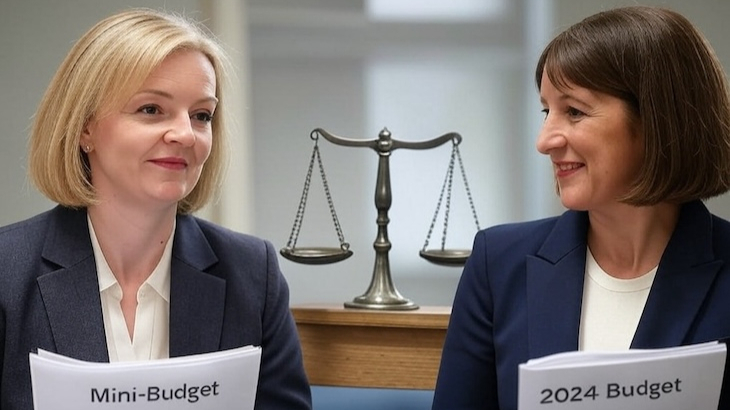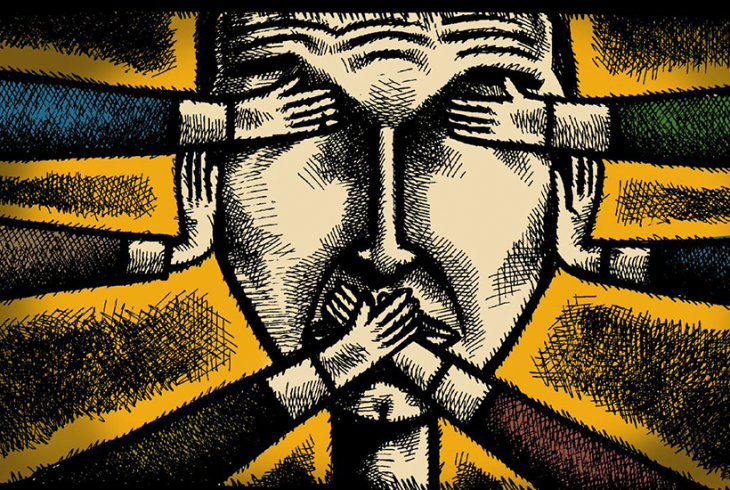
A Tale of Two Budgets: The Hypocrisy in Media Reactions
December 2024 , Rob Maynard
Liz Truss's 2022 mini-budget and Rachel Reeves's 2024 budget illustrate a stark disparity in media scrutiny and public perception, highlighting a troubling two-tier standard in economic policy analysis. Truss’s approach focused on economic growth through tax cuts, such as reductions in the top income tax rate and corporation tax. These measures were designed to attract investment, foster innovation, and enhance competitiveness, offering a pathway to sustainable growth. However, her plans were met with fierce media criticism, fueled by market turbulence and the lack of an accompanying Office for Budget Responsibility (OBR) forecast. This narrative overshadowed the long-term potential of her strategy.
In contrast, Rachel Reeves’s 2024 budget has introduced tax hikes and higher government borrowing to fund public spending, resulting in significant economic consequences. Rising inflation has eroded purchasing power, leaving households struggling to afford essentials. Increased business rates, National Insurance hikes and new employment legislation will push many small businesses to the brink of bankruptcy, unable to cope with the burden of these higher expenses in so many areas all at the same time. Unemployment will rise as businesses cut jobs to survive, compounding the crisis for families. The knock-on effect of surging interest rates, driven by inflation and borrowing needs, have made mortgages and loans unaffordable for many, intensifying the financial strain on individuals and enterprises alike.
Despite these widespread issues, the media has been notably lenient in its critique of Reeves’s budget, framing it as a necessary response to economic challenges. The same people that condemned Truss for fiscal irresponsibility have seemingly downplayed the long-term damage caused by Reeves’s policies. This selective outrage reveals a troubling bias in economic discourse, where political alignment appears to dictate the narrative more than the tangible impact of the policies themselves.
The 2024 budget’s repercussions—rising inflation, unemployment, bankruptcies, and interest rates—demonstrate that its effects have been far from benign. Yet, the muted media response to these realities underscores a troubling hypocrisy in how economic decisions are judged, ultimately diminishing public trust in balanced analysis from the media.




